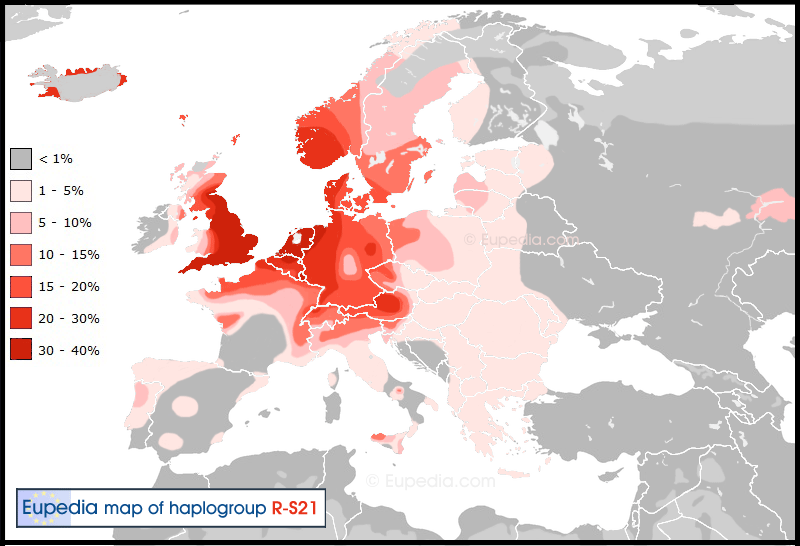Huh, I don't get you. According to you at the beginning there was just only 1 proto-Indo-European language. And all PIE words were the same. But the fact is that the sound shift occurred among different groups and we got different languages.
Why could not the same happen to the ancient loanwords?
Even many 'modern' French words got Satemized (Slavicnized) by the Russians.
like: cinématographique - kinomatografia
shift from 'S' sound to 'K' sound!
κινηματογραφος is a Greek word not IE κινημα = motion move and Γραφος = recorder
the letter c of Latin is greek Γ Γ.Κ.Χ belong to the same family
so in a latin form should be C in place of Γ but the mistake is that letter C in west and North is sounded as S
just compare the sound of C at words like Copy Compare etc,
that mistakes many times happened when a word pass from one language to another,
A good example in that is the word potion (drink)
the Greek word is posis πωσις = drinking
but what we drink is ποτον , and the quantity dossage is ποτεριον
so in Greek is poton t= t but in west is potion t=s
same had ancient Greeks like thalatta and thalassa
first id Ionic form second is Doric form
Γλωττα and Γρουσσα Glotta Grussa
Ionic and Doric form
the case of Centum and Satem is complicated and not clear
for Example we put Greek to Centum
but the latin Con wich is a good characteristic of Difference in Greek is Συν sun pronounced sin
does that put Greek language to Satem?
no cause Greek grammar has 3 sounds for s the Sigma Σ the double ΣΣ and the quoppa S the quoppa is an s sound that leaps take form like spelling γ χ or k
to understand these just observed that sound S in word sound, you pull your leaps back and up, same moves like the word hound
then speak the word shift and watch your leaps that are pushed infront,
that is why first s is quopa S and your mouth has the form of Larygeal while second is a purely s and your mouth has a position like the ones with leaps
π β φ
to understand this just compare the Greek s in the end of words with the slavic c
like Greek michailidis and slavic michailovic
and also pronounce the common word slavic in both forms
slavic in Centum is c=k Greek σλαυικ-ος
slavic in Satem is c = ts slavits
more words to understand could be copper and chopper the copper is kopper but the chopper is tsopper
so the cinema follows the k Γ Χ sounds and is centum,
satemization and centum has also to do with climate
the more the worm the more we find big word and many vowells the more the North the less the voweels and the smaller the word,
example typical is the hundred 100
grek is Ekato Hekato and in possesive ekatontados
look at German is Hundat misses e k becomes H a+ becomes u meaning less warm air that exits body, so Nature is stronger than language,
now look the Russian form Sto, the 3 greek vowells became 1 and the need for k+t bacamt st cause leaves less warm air to exit body
so in greece people need to exit warm air and keep vowels and many syllabes
while in cold russia people save warm inside body and make 1 syllabic word while in Germany middle weather conditions is 2 syllabes
but the above does not explain why Sansqrit are satem
and that is a good question.




